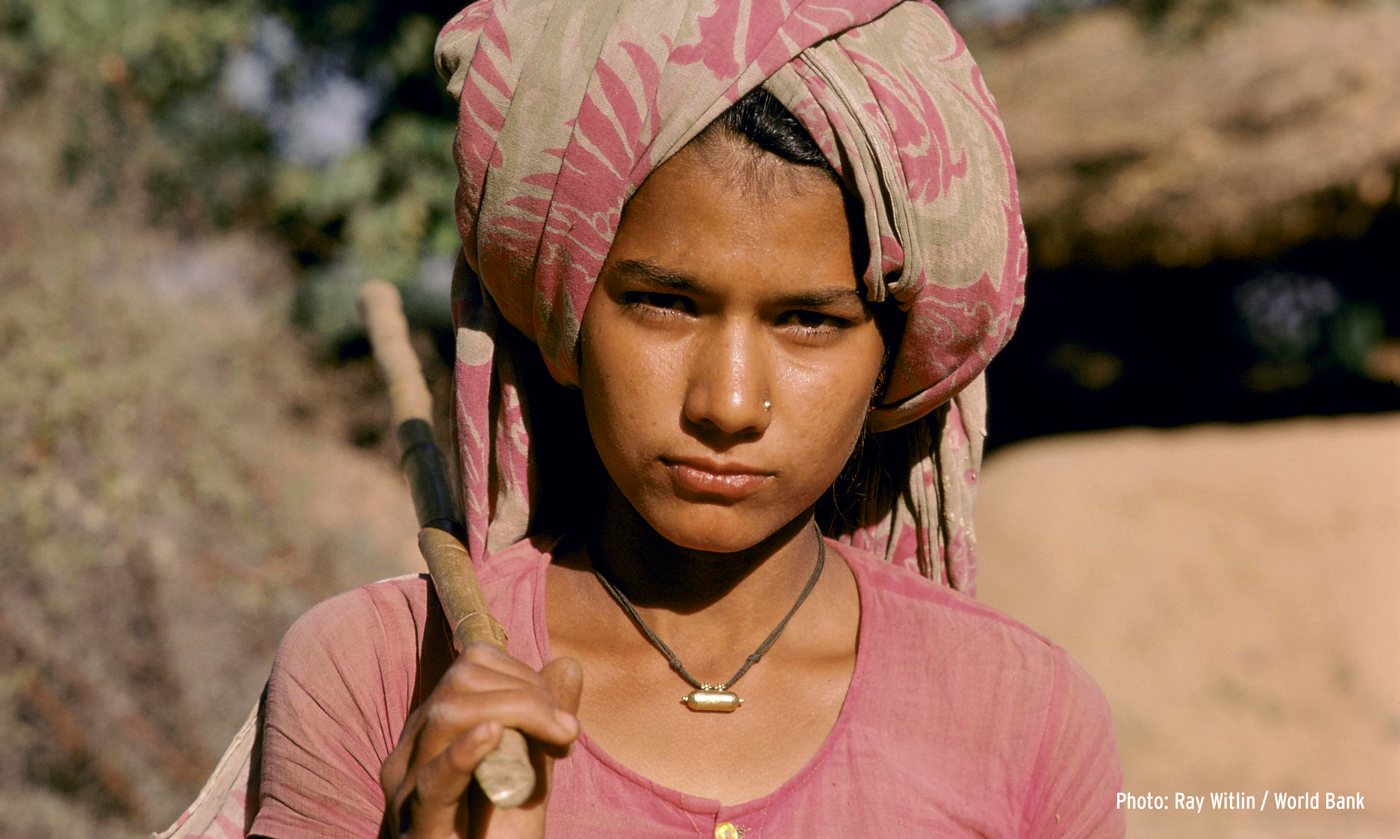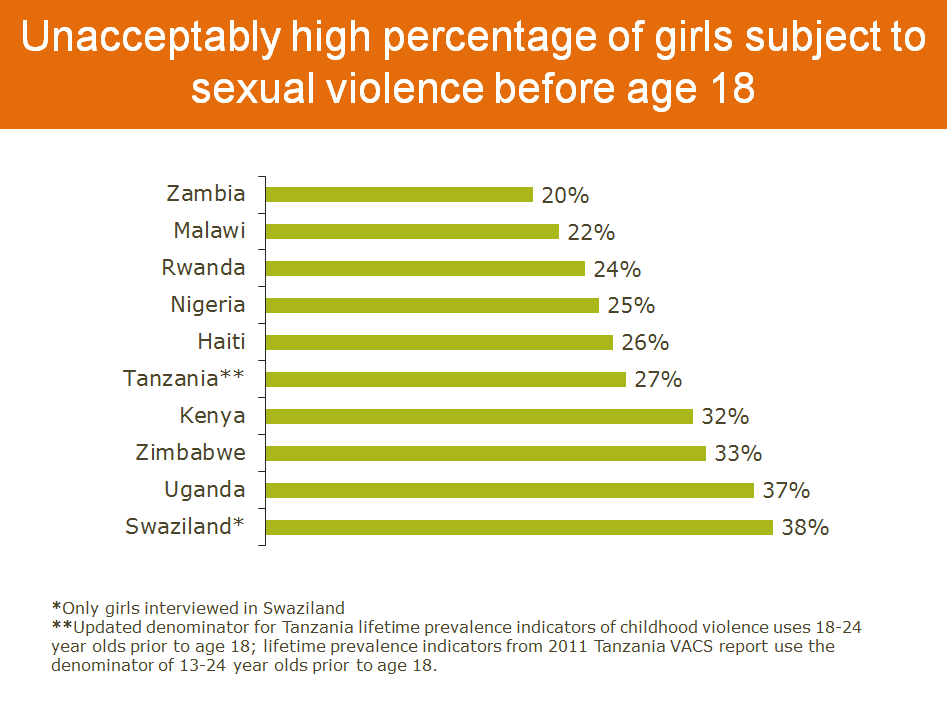The Power of No Starts with Choice: Empowering Girls to Thrive

Photo: Ray Witlin / World Bank
On July 11, policymakers, donors, and advocates from around the world will gather at the Family Planning Summit in London, UK, to discuss efforts to ensure that more girls and women around the world are able to plan their families and their futures.
Very few interventions in global development have the kind of large-scale and lasting effect that family planning does. When girls and women can decide when and if to have children, we see a ripple effect: they are able to complete their education, create or seize better economic opportunities, and fulfill their full potential—in short, entire families, communities and nations benefit.
This year, one of the four focus areas for the Summit will be empowering young people to thrive.
We are at a crucial moment: there are currently 1.8 billion adolescents in the world, the largest cohort of young people in history. One thing is clear: we cannot achieve universal access to family planning unless we address the unique needs of this critical group.
But success with adolescents demands a more ambitious, holistic and flexible approach to family planning.
It starts with the very labels we use: many adolescents and young women are not planning families. On the one hand, there are those who are not planning families because they are choosing to have sex outside of a union or marriage and do not want children. Driven by shame, fear of punishment and reprisal, or worse, these adolescents often keep their sexual activity secret from the adults in their lives. To truly empower these young people to thrive, we must overcome taboo and denial to reach them with evidence-based sexual education and quality services that meet their needs. For them, empowerment means the ability to say yes to sex—without shame or fear.
On the other hand, there is a large group of adolescents, mostly girls, who are also not planning families—but for very different reasons. They don’t get to choose if, when or with whom they have sex. Centuries of secrecy, taboo and harmful gender norms stand in the way of allowing these girls to have control over their bodies and to decide if and when to have children. For them, empowerment means the ability to say no. For them, no is an instrument of integrity and a shield against exploitation.
For almost seven years now, the Together for Girls partnership has chosen to focus on this aspect of sexual and reproductive health and rights.
We believe that to effectively deal with this problem, we must first understand it—so we start with the data. Undertaken as part of the Together for Girls partnership, the Violence Against Children Surveys (VACS), led by CDC and national governments with support from UNICEF, PEPFAR, USAID, and the Government of Canada, have provided nationally representative data for more than 10% of the world’s young people (aged 13-24).
The results paint a deeply disturbing picture.

Our data show that more than 30% of girls experience sexual violence before age 18, and almost one in four describe their first sexual experience as forced or coerced. This sexual violence is perpetrated primarily by men and boys: husbands, boyfriends, trusted adults, family members, and strangers. It happens everywhere: at home, at school, in communities, on the street. Everywhere we’ve looked, we’ve found unacceptably high numbers of girls and young women being pressured, tricked, coerced or physically forced to have sex. We have also found that girls are at risk for sexual violence throughout their lives—with adolescence being a particularly vulnerable time.
This is an egregious violation of human rights, with significant consequences for a variety of development outcomes—including unintended pregnancy.

Reducing unintended pregnancy among adolescents requires a variety of strategies, including increasing access to contraceptives and family planning services. However, it also means truly empowering girls and women to make decisions about if, when and with whom they have sex—and then respecting those decisions. It means ensuring that girls and women shouldn’t have to deal with the additional burden of an unintended pregnancy as a result of rape.
To truly make a difference, we must ensure that an adolescent girl or young woman who wants to have sex has the education and services necessary to make informed decisions. But it also means acknowledging that all too often she doesn’t get to decide. But we can change this: by addressing both violence against girls and women—the power to say no, as well as access to quality sexual and reproductive health services—the power to say yes, we can help all young people thrive.


